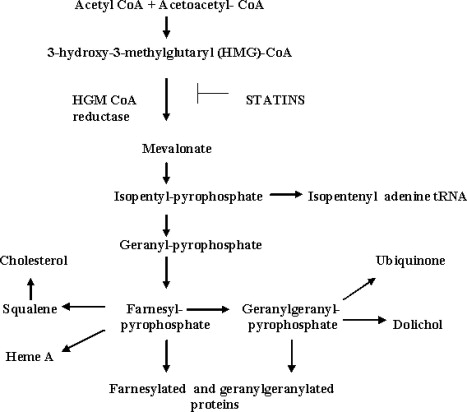This article is a guest post from Drug Watch. DrugWatch is an online resource which details accurate and up-to-date information on prescription and over-the-counter medications and their associated side effects.
This article discusses the side effects of the diabetes drug Actos.
When the heart does not properly pump blood to the rest of the body, people develop CHF. As fluid that should be pumped by the heart builds up in the lungs, liver, gastrointestinal tract, arms and legs, patients may require preventative medicines or surgery, including a heart transplant.
One trial of more than 5,000 patients found a large percentage of patients suffered a serious heart failure event while taking Actos.
Germany and France have reacted to studies on Actos by banning its use.
The label on the Actos box recommends that patients with the New York Heart Association Class III or IV heart failure should not use the medication. The box also warns that Actos may cause or exacerbate CHF. Heart problems make up just one of the side effects of Actos.
Additionally, Actos use has led to bone fractures, liver problems and various types of edema. One type is known as macular edema, which occurs when there is swelling in the retina that causes blurred vision and a decreased ability to distinguish colors.
Edema, or swelling, that occurs in other parts of the body can contribute to CHF.
Numerous lawsuits by Actos userswho have developed bladder cancer — where tumors may progress to stage III, leaving only a 50 percent chance of survival — have been filed.
Symptoms indicating CHF are fatigue, loss of appetite, weakness, cough, need to urinate at night, fast or irregular pulse, weight gain, shortness of breath and swollen liver, abdomen, feet or ankles.
Patients with these symptoms should talk to their doctor right away. Patients should always discuss the risks of medication with their doctor before taking a new prescription. Together, patients and doctors can decide which medication is the right choice.
Alanna Ritchie is a writer for Drugwatch.com. An English major, she is an accomplished technical and creative writer.
Sources:
“Pioglitazone and risk of cardiovascular events in patients with type-2 diabetes mellitus” http://jama.ama-assn.org/content/298/10/1180
Singh, S, et al. (2007). Thiazolidinediones and Heart Failure: A Teleo-Analysis. Diabetes Care. Retrieved from http://care.diabetesjournals.org/content/early/2007/05/29/dc07-0141.abstract
Read more ►
This article discusses the side effects of the diabetes drug Actos.
Doctors prescribe Actos (pioglitazone) to diabetes patients to control their blood sugar. Mostly used by type 2 diabetes patients, Actos reduces blood sugar by increasing the sensitivity of cells to insulin and slowing sugar production by the liver.
However, the risk for Congestive Heart Failure (CHF) is increased by 30 percent for users of Actos. Type 1 and type 2 diabetes patients are already at risk for heart disease and high blood pressure, which may cause CHF.When the heart does not properly pump blood to the rest of the body, people develop CHF. As fluid that should be pumped by the heart builds up in the lungs, liver, gastrointestinal tract, arms and legs, patients may require preventative medicines or surgery, including a heart transplant.
One trial of more than 5,000 patients found a large percentage of patients suffered a serious heart failure event while taking Actos.
Germany and France have reacted to studies on Actos by banning its use.
The label on the Actos box recommends that patients with the New York Heart Association Class III or IV heart failure should not use the medication. The box also warns that Actos may cause or exacerbate CHF. Heart problems make up just one of the side effects of Actos.
Additionally, Actos use has led to bone fractures, liver problems and various types of edema. One type is known as macular edema, which occurs when there is swelling in the retina that causes blurred vision and a decreased ability to distinguish colors.
Edema, or swelling, that occurs in other parts of the body can contribute to CHF.
Numerous lawsuits by Actos userswho have developed bladder cancer — where tumors may progress to stage III, leaving only a 50 percent chance of survival — have been filed.
Symptoms indicating CHF are fatigue, loss of appetite, weakness, cough, need to urinate at night, fast or irregular pulse, weight gain, shortness of breath and swollen liver, abdomen, feet or ankles.
Patients with these symptoms should talk to their doctor right away. Patients should always discuss the risks of medication with their doctor before taking a new prescription. Together, patients and doctors can decide which medication is the right choice.
Alanna Ritchie is a writer for Drugwatch.com. An English major, she is an accomplished technical and creative writer.
Sources:
“Pioglitazone and risk of cardiovascular events in patients with type-2 diabetes mellitus” http://jama.ama-assn.org/content/298/10/1180
Singh, S, et al. (2007). Thiazolidinediones and Heart Failure: A Teleo-Analysis. Diabetes Care. Retrieved from http://care.diabetesjournals.org/content/early/2007/05/29/dc07-0141.abstract
